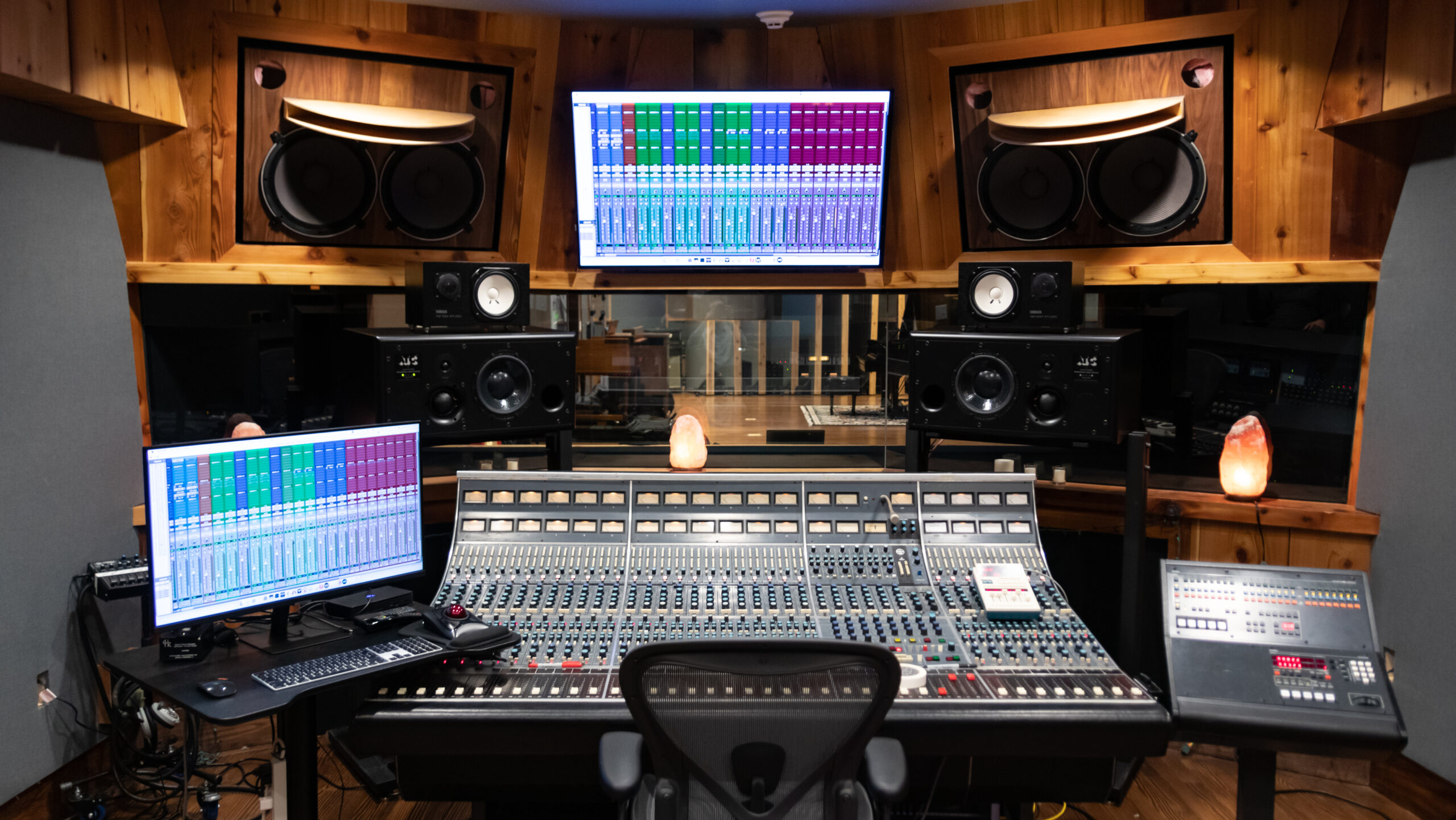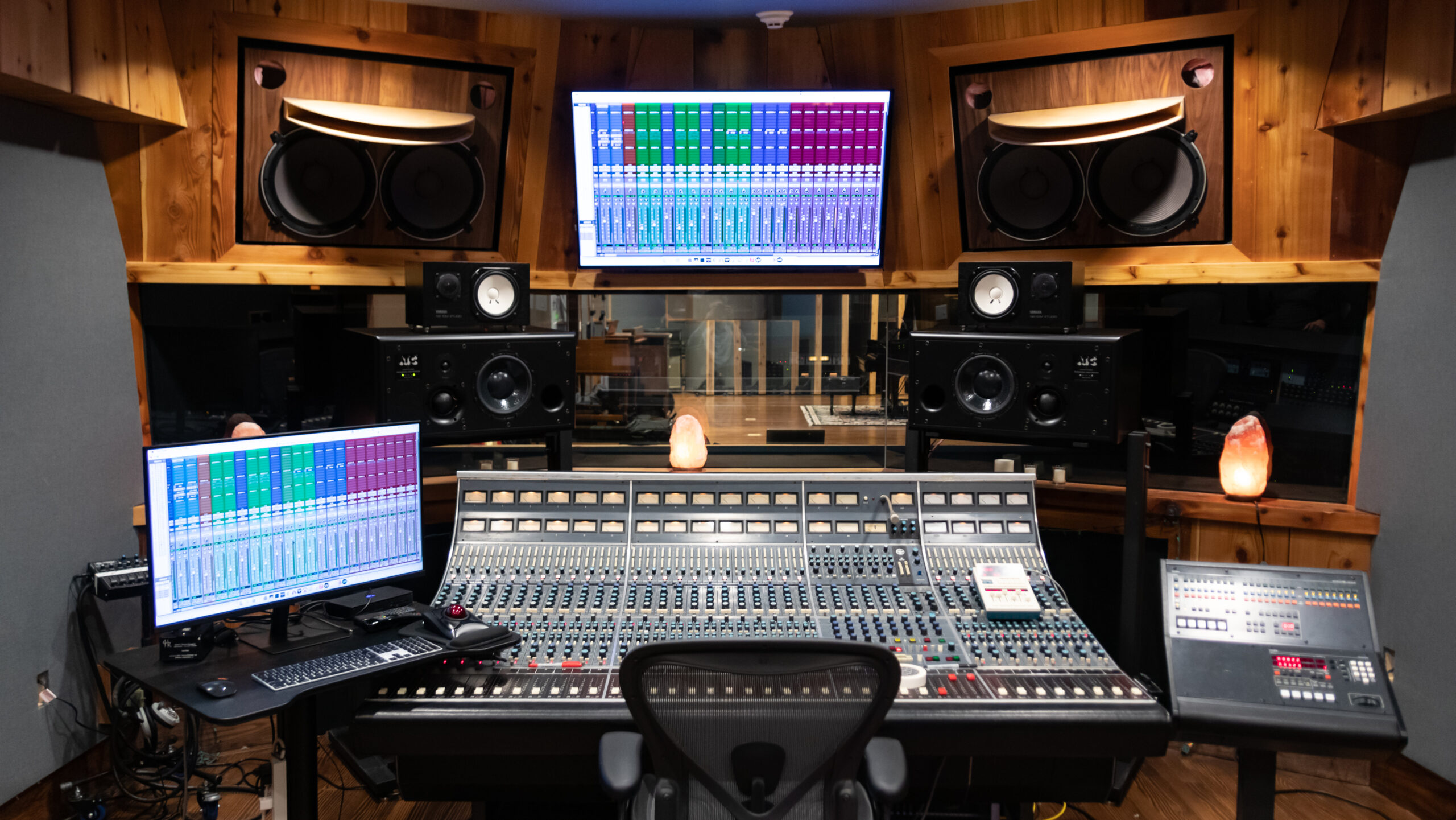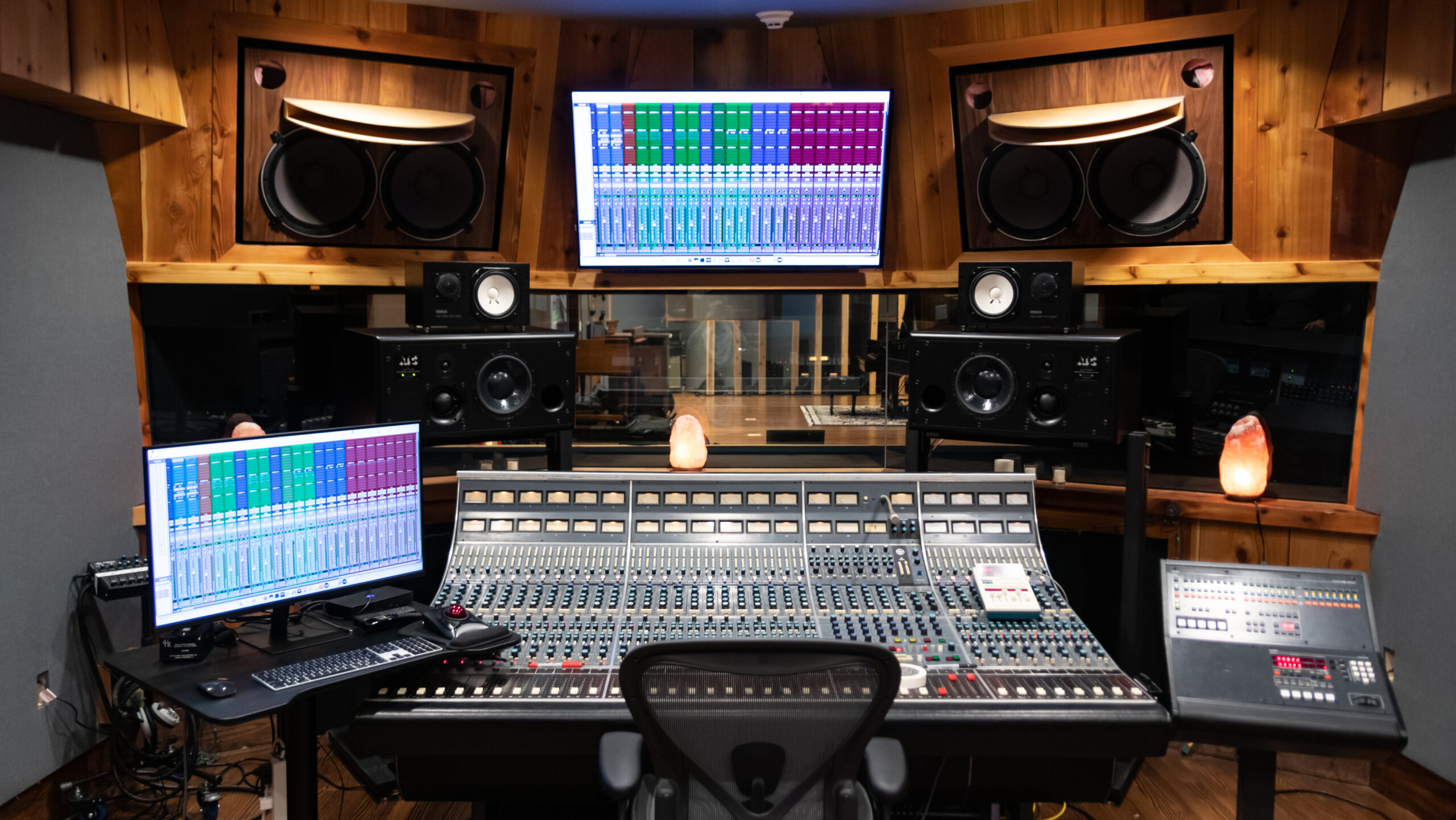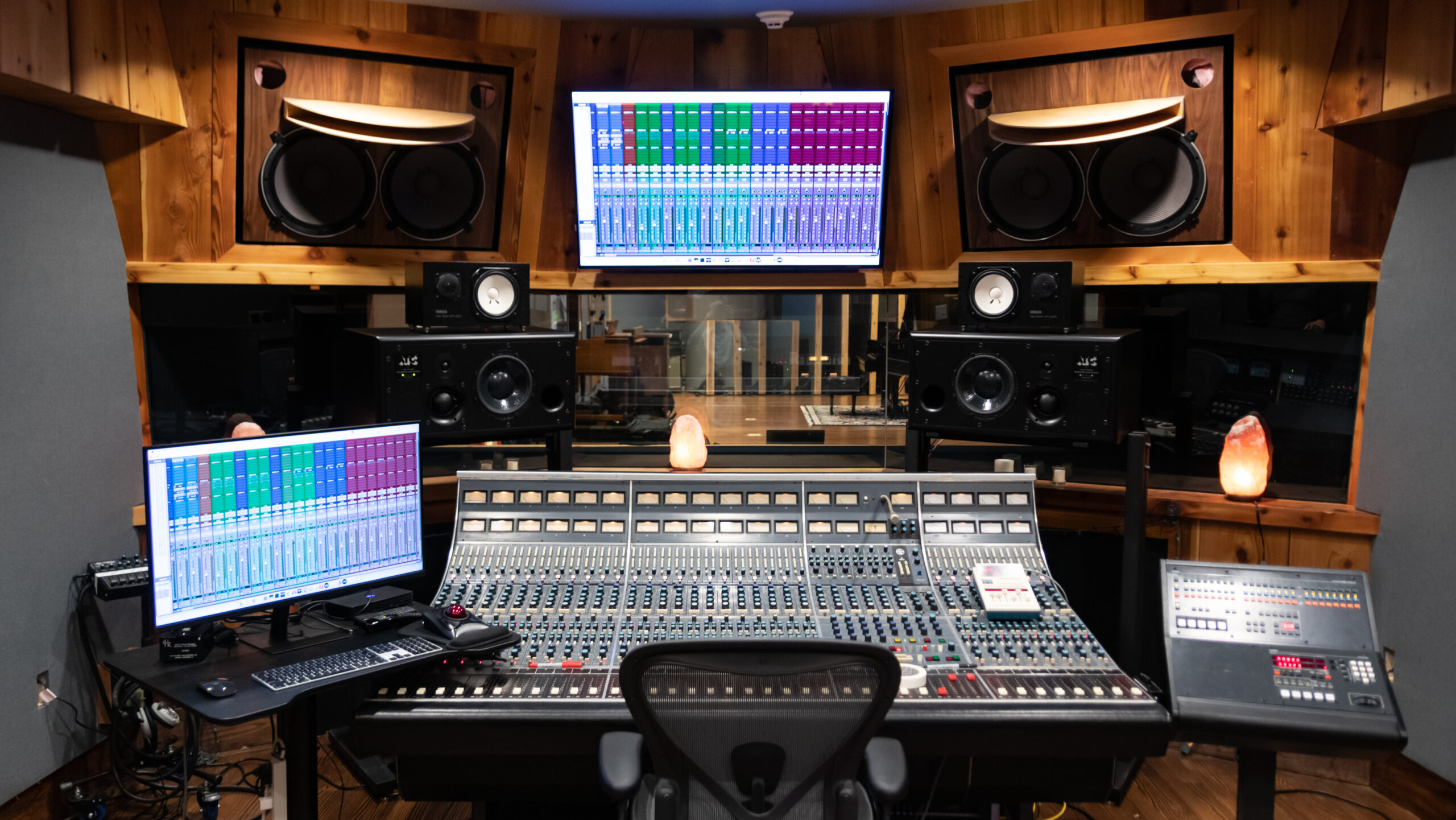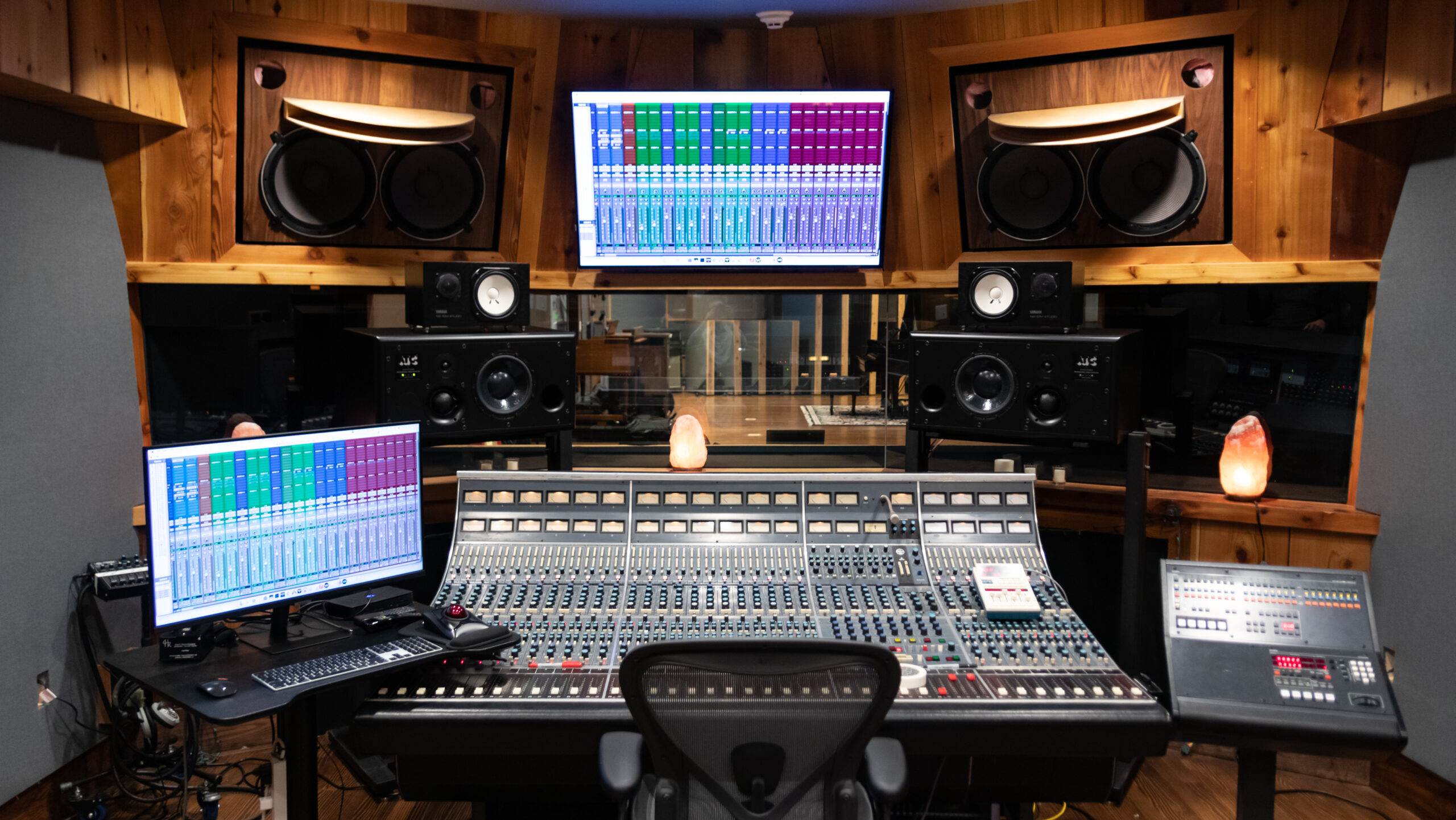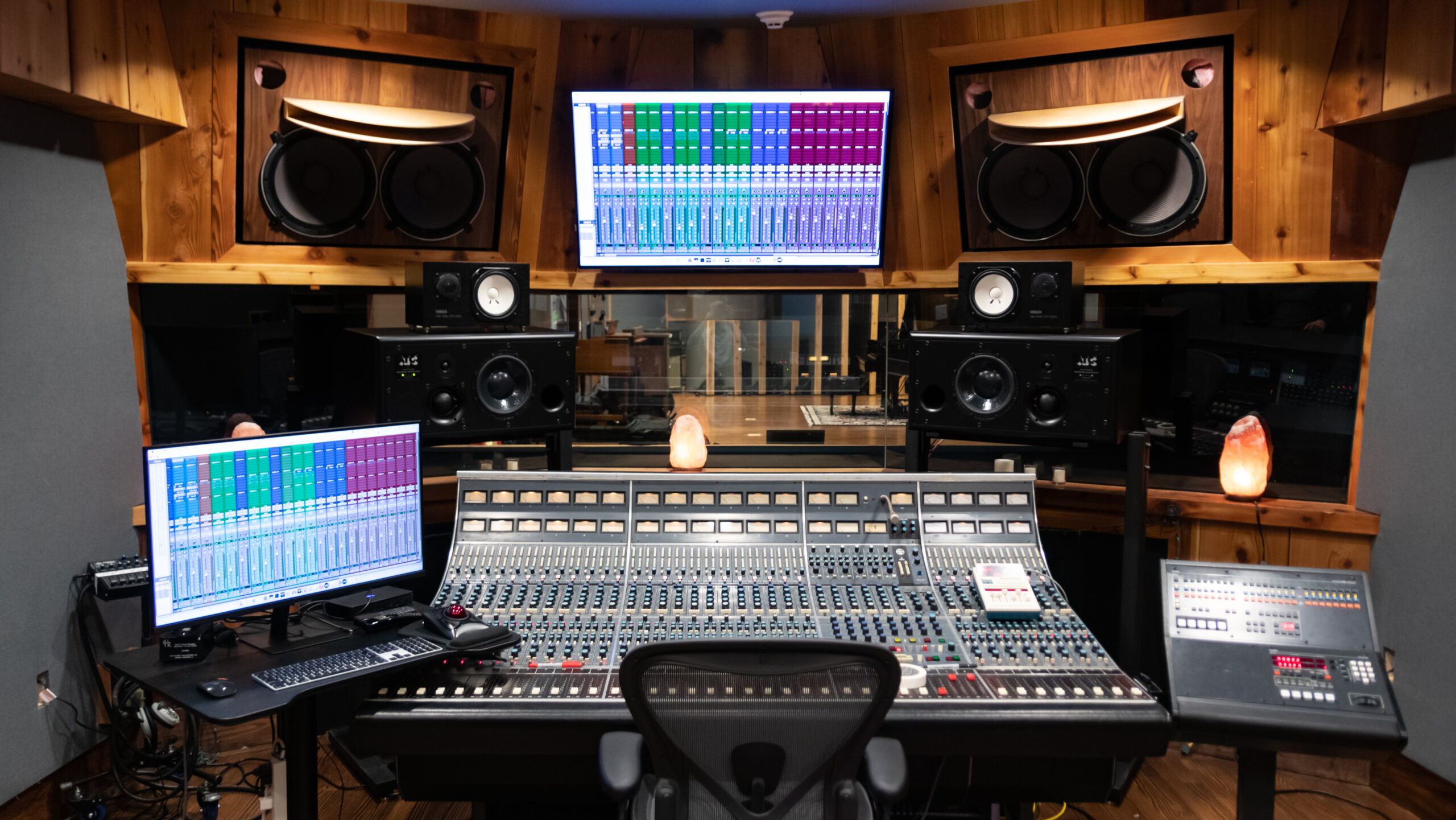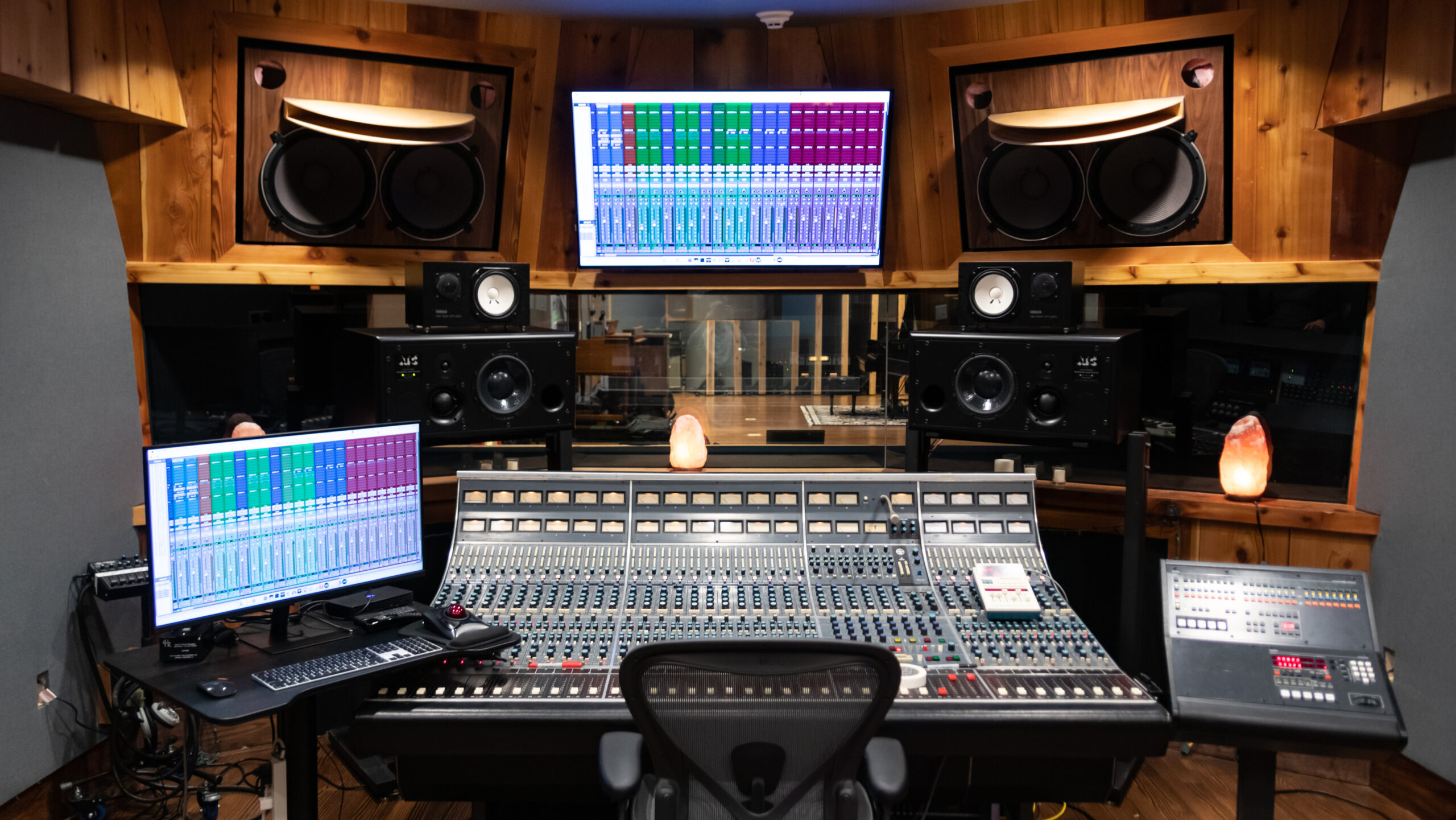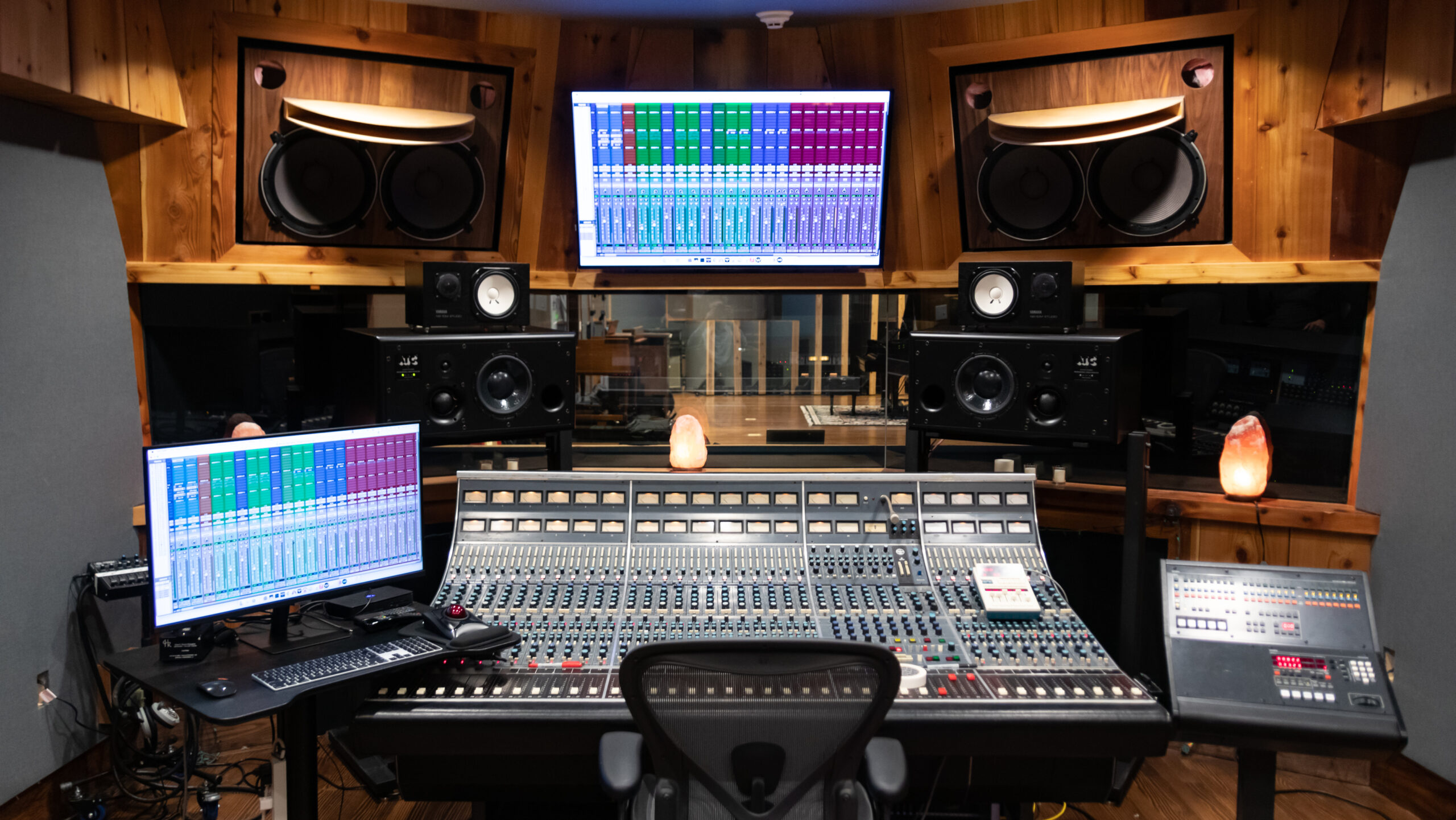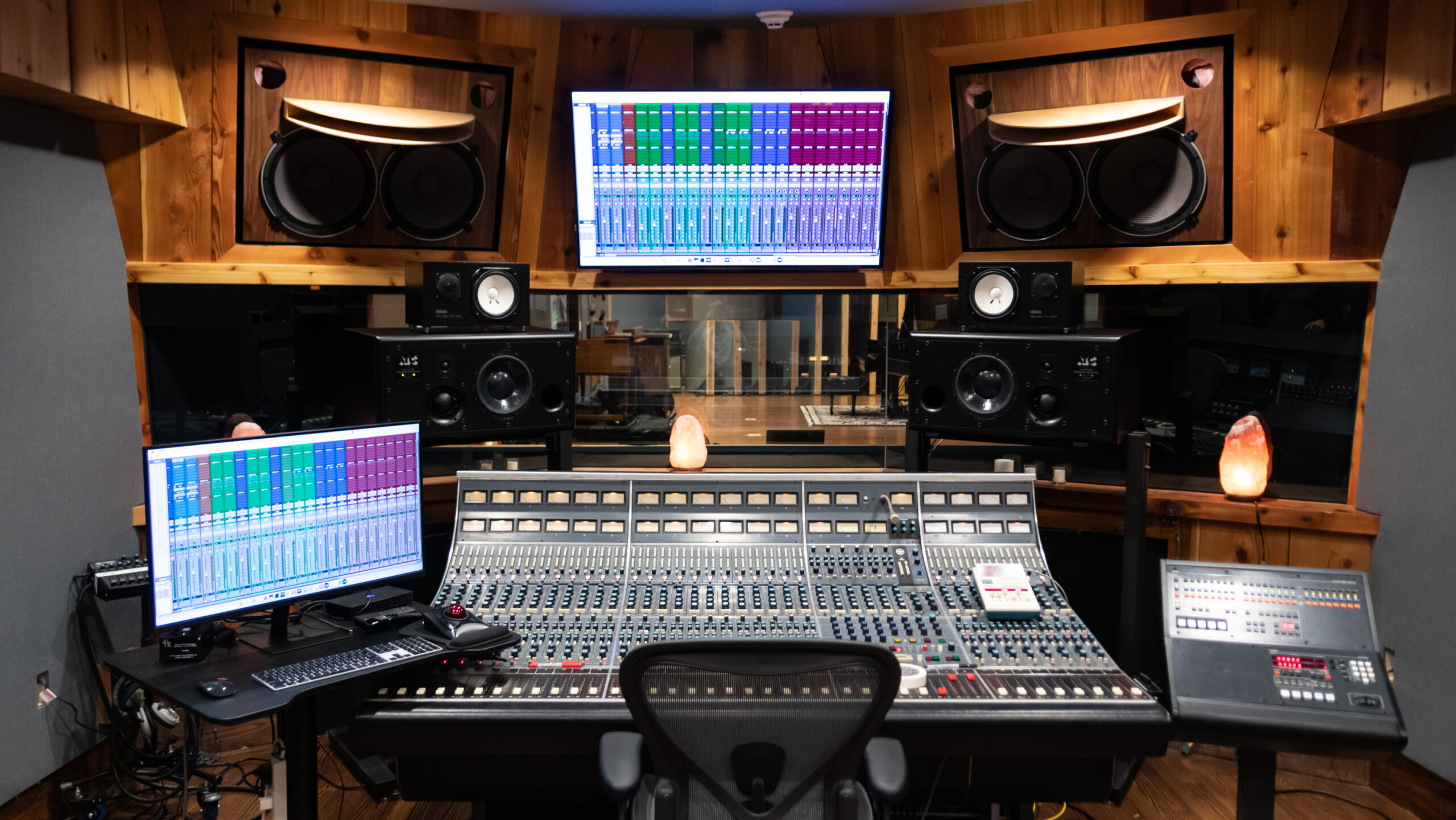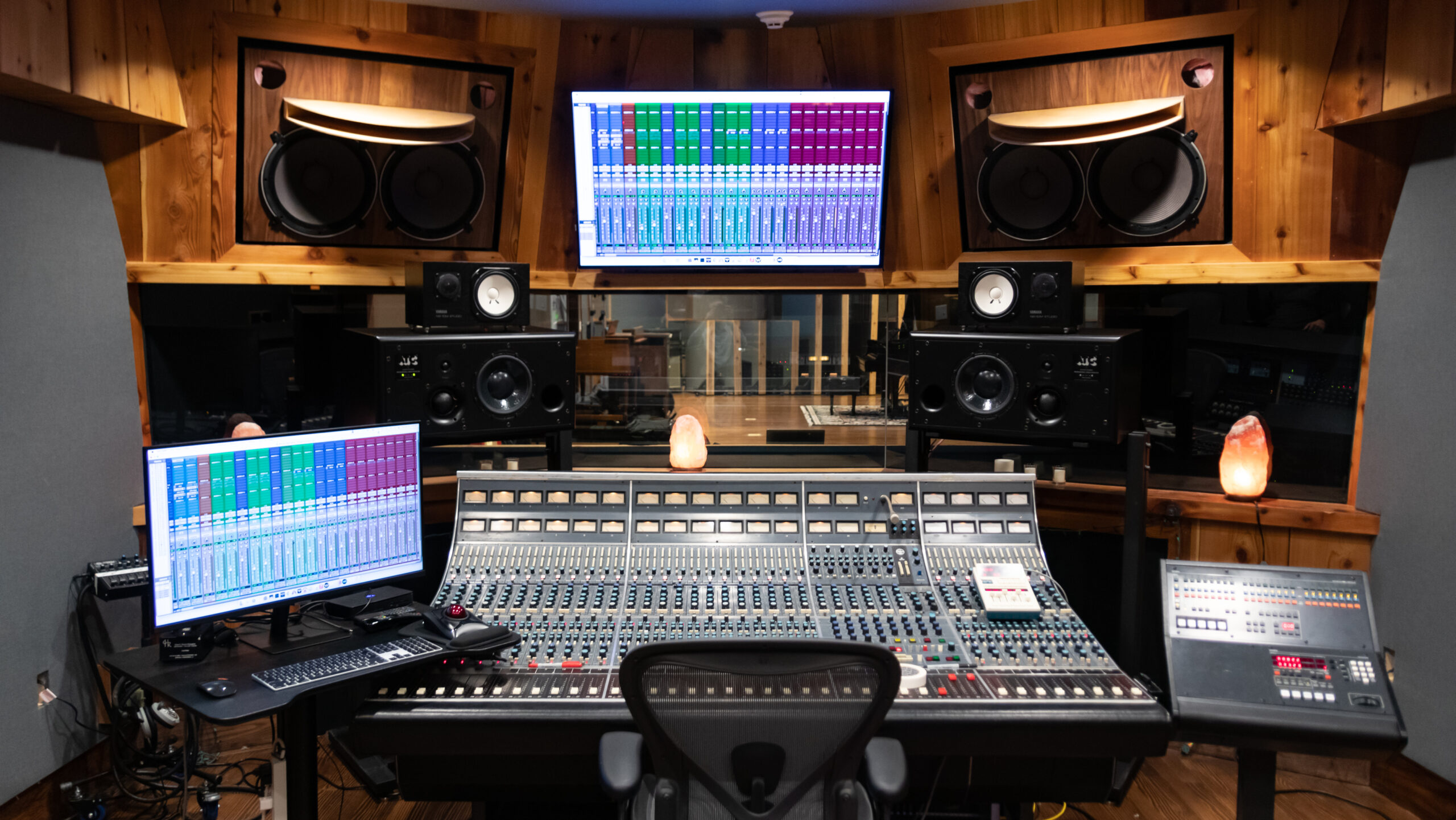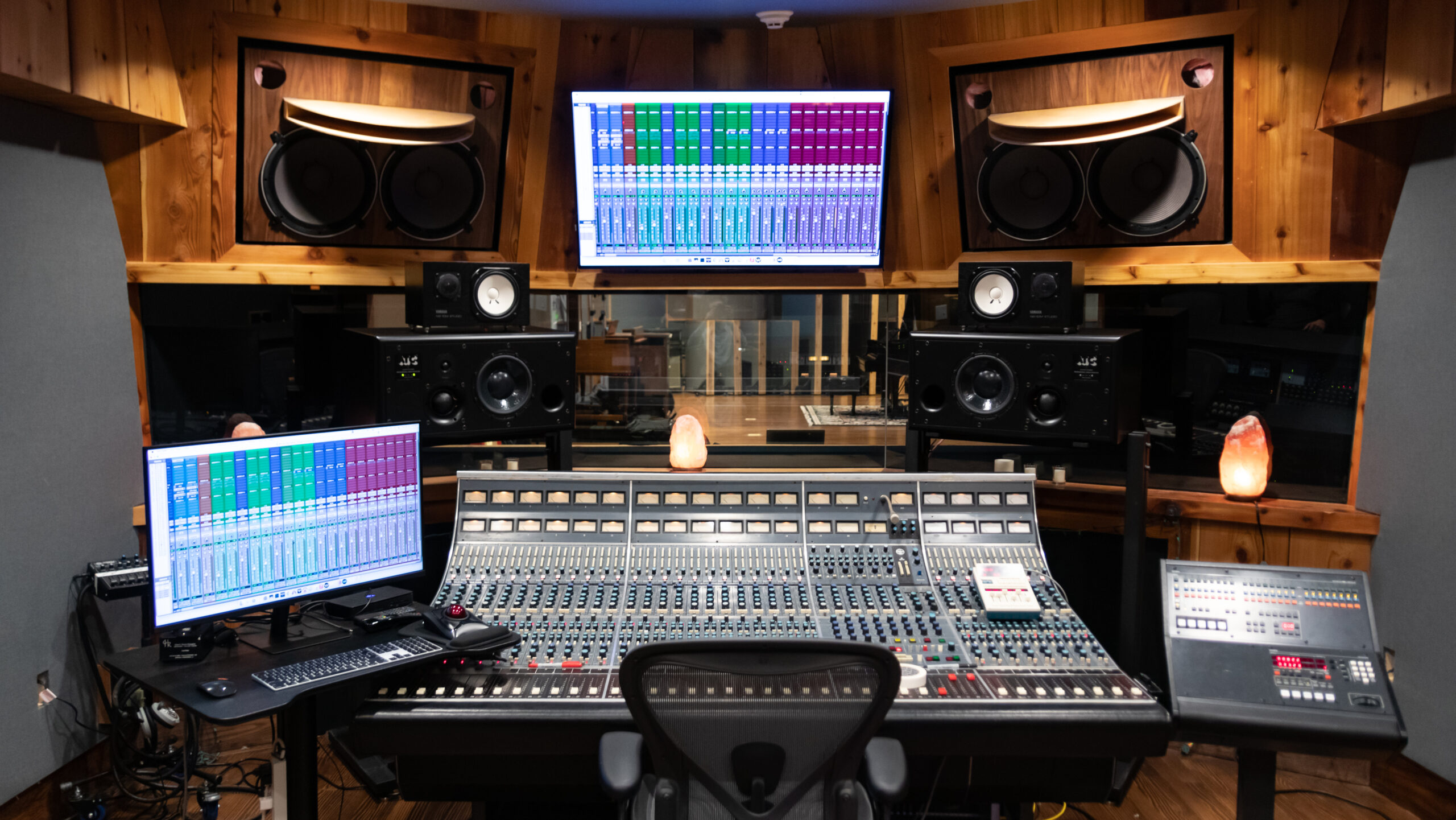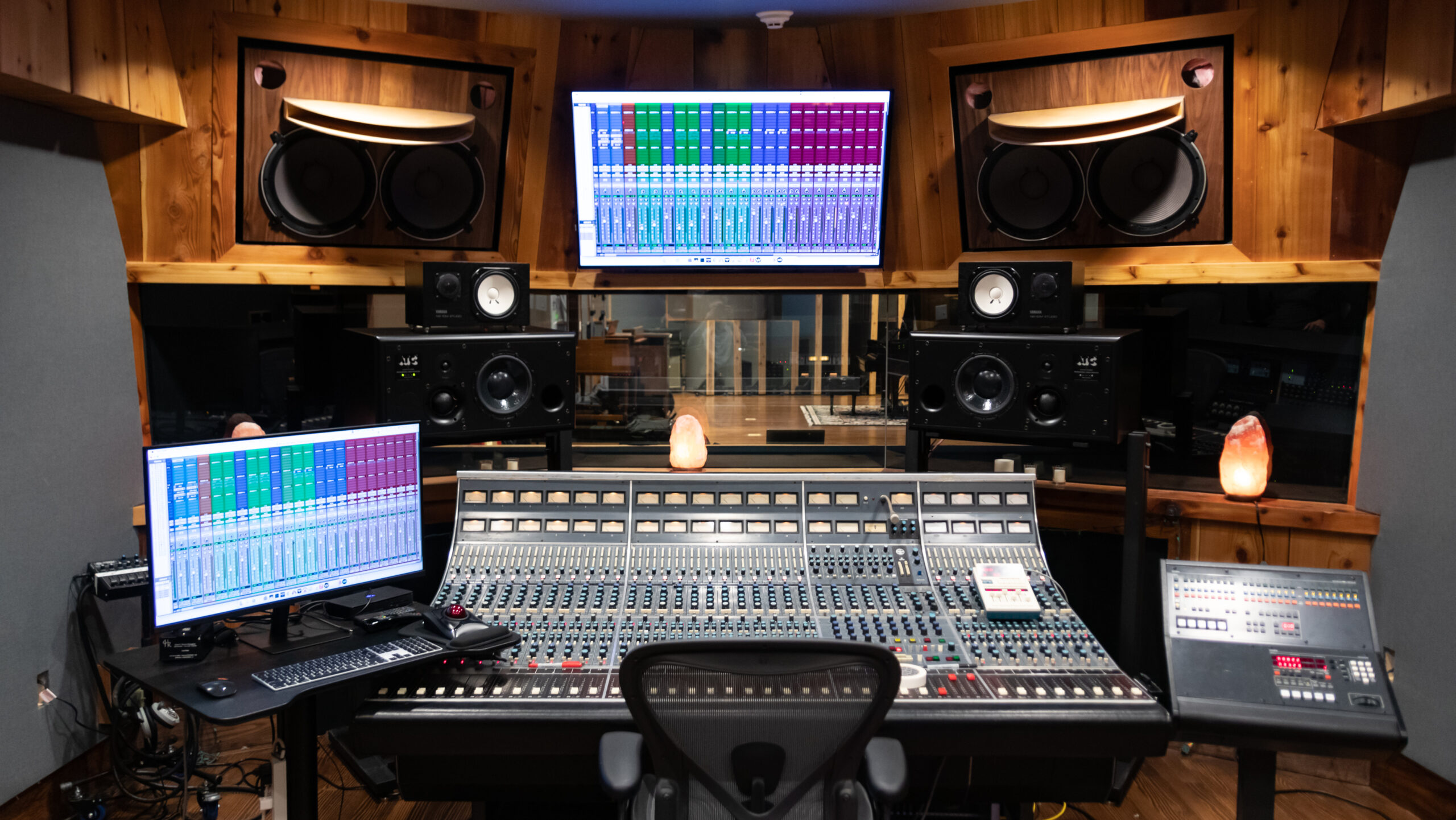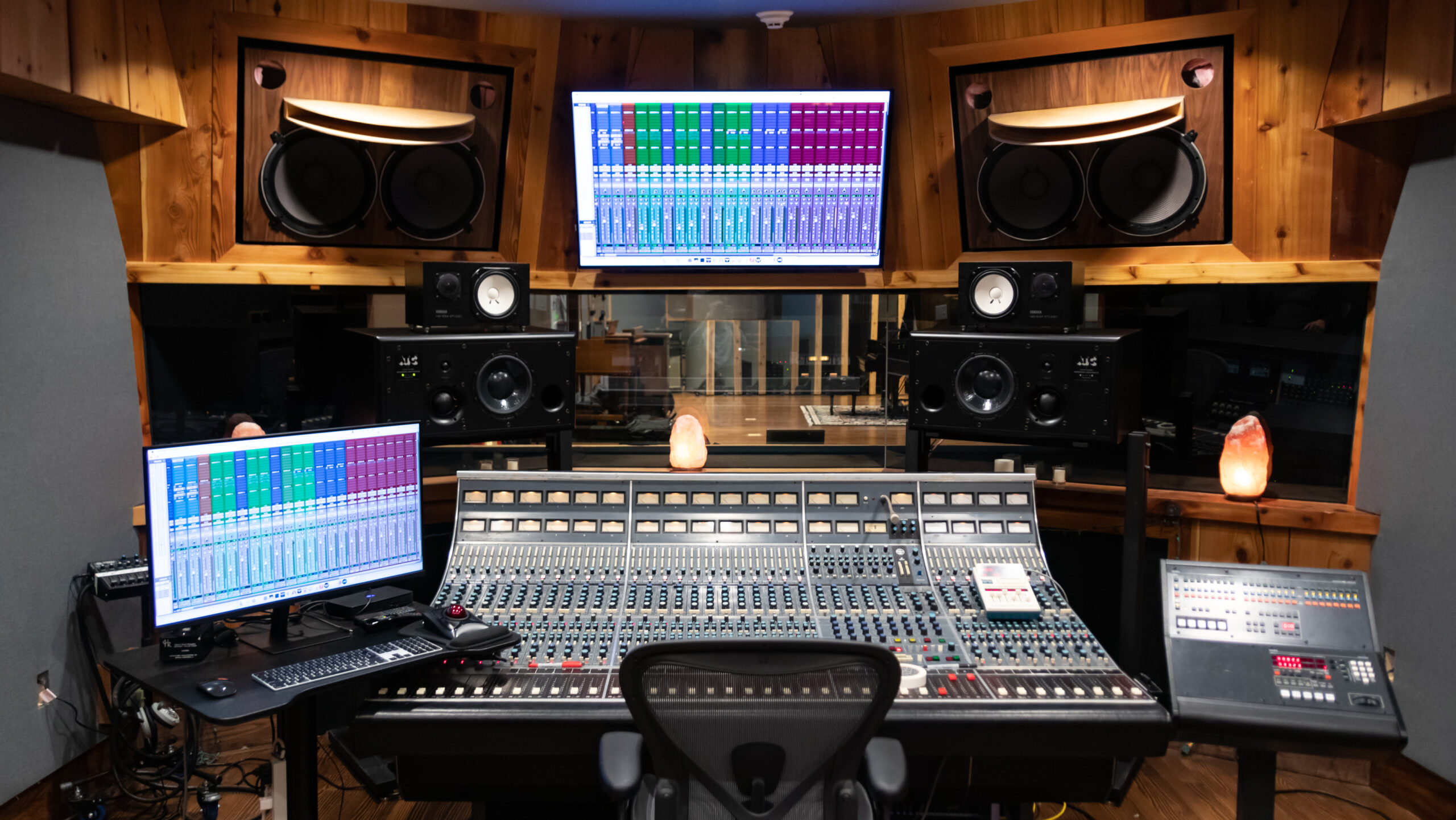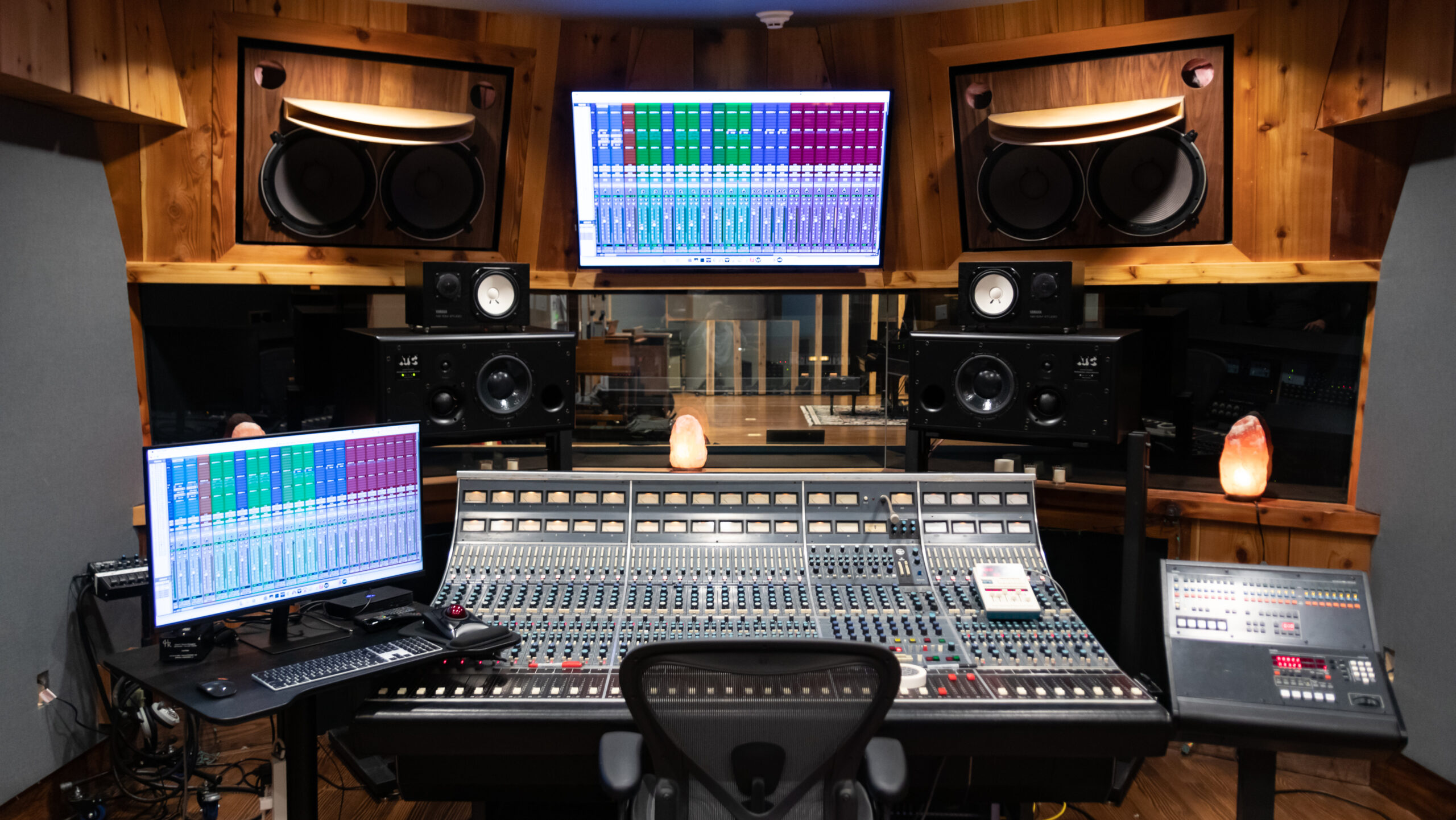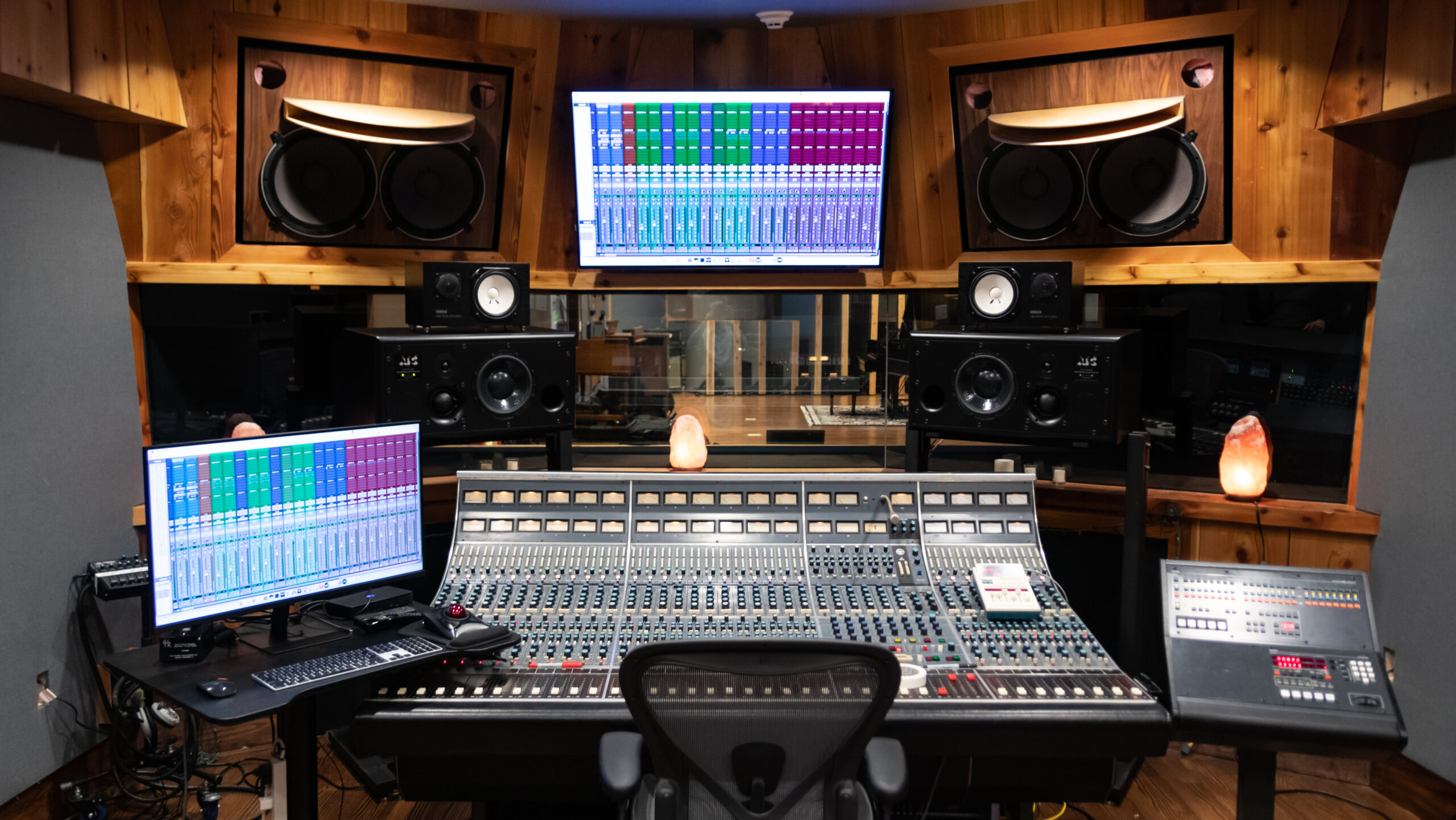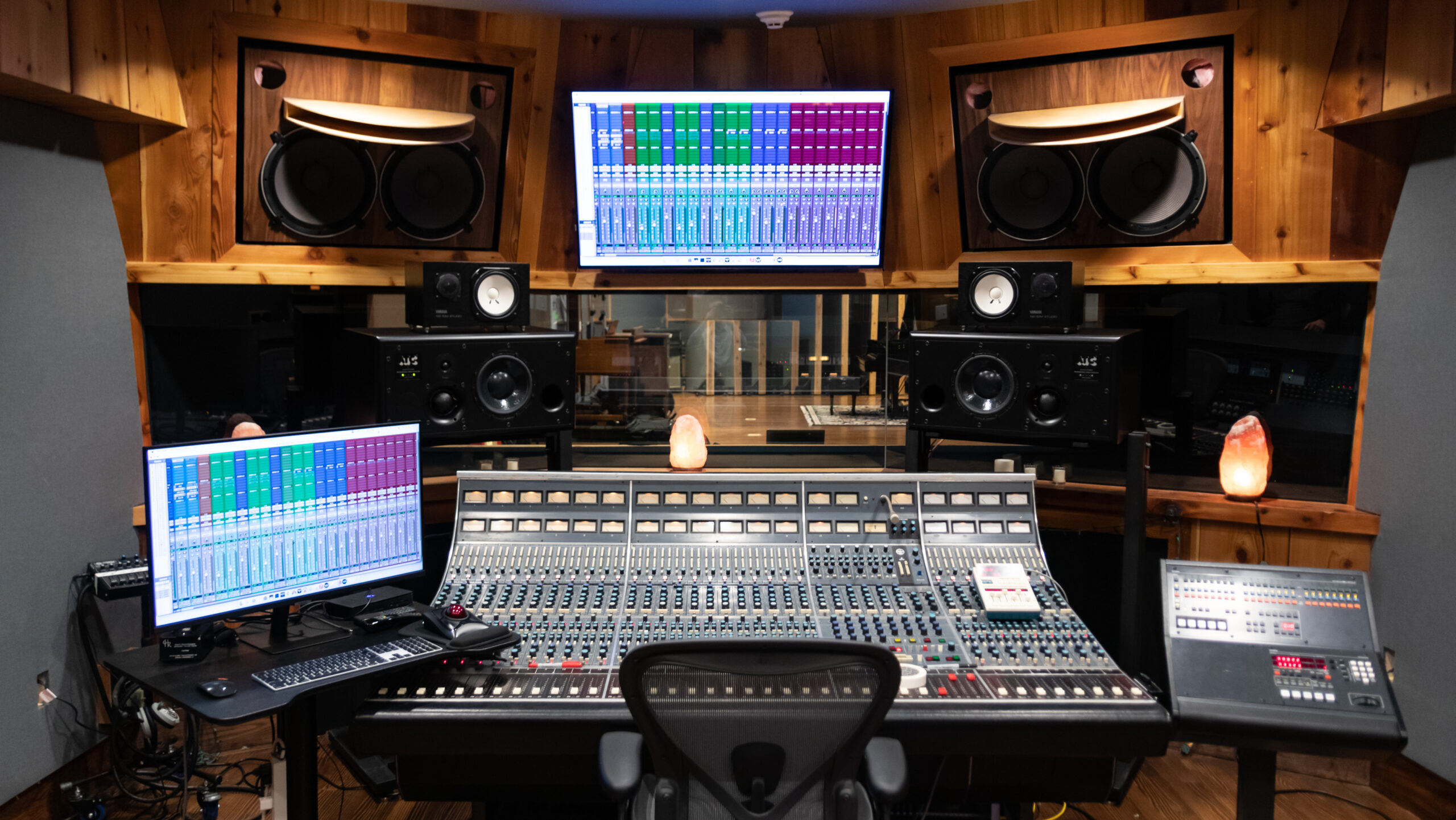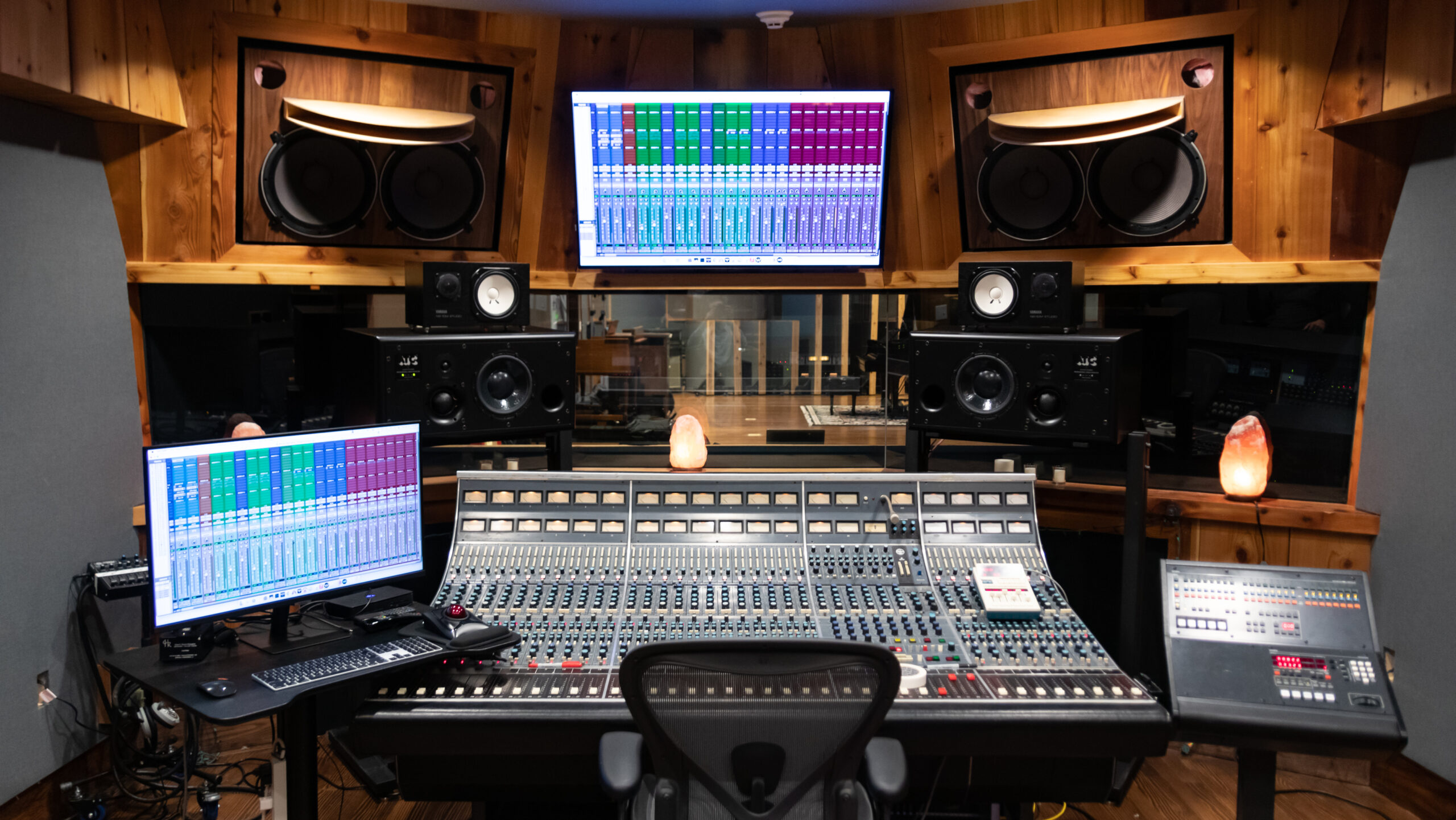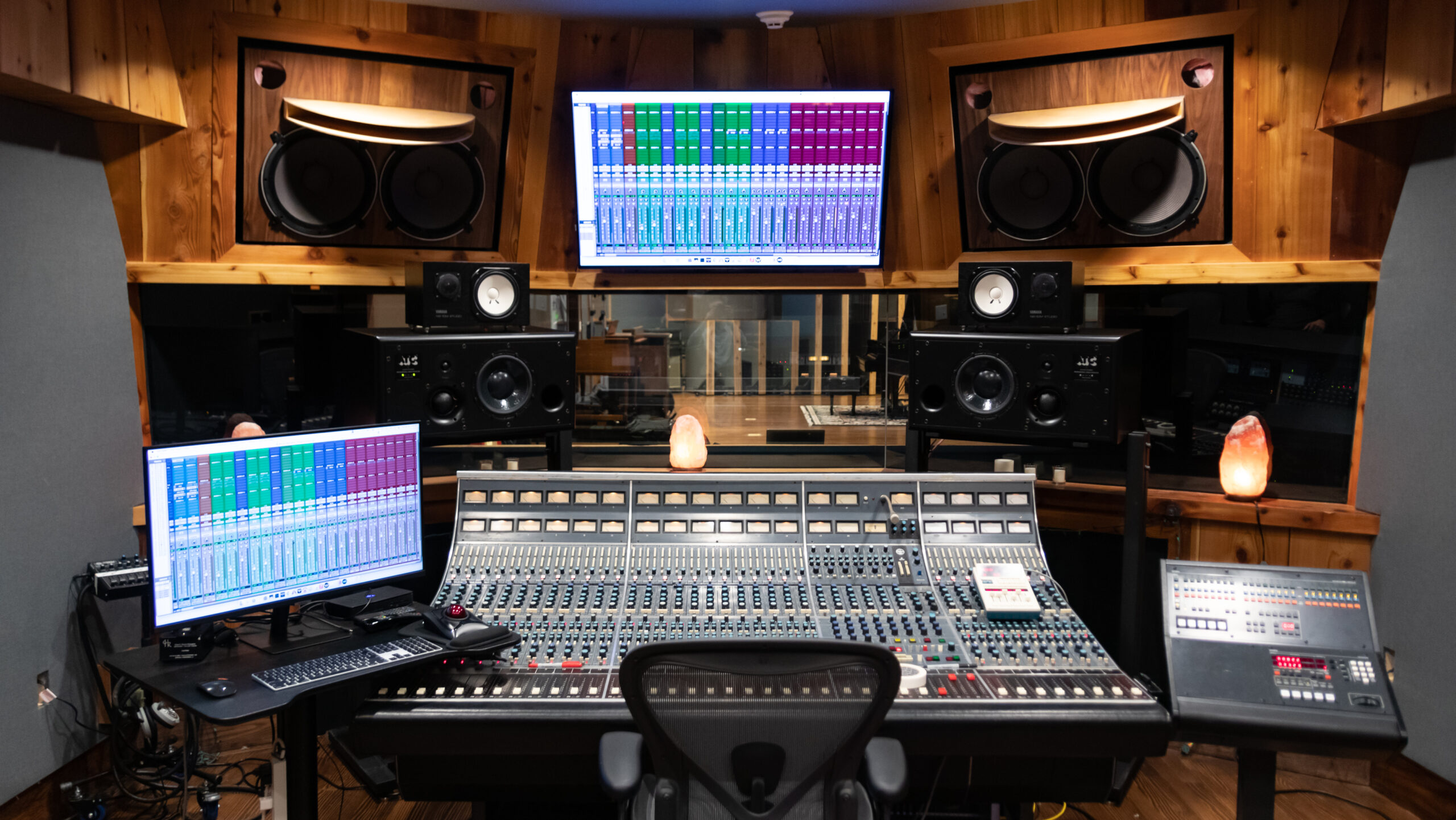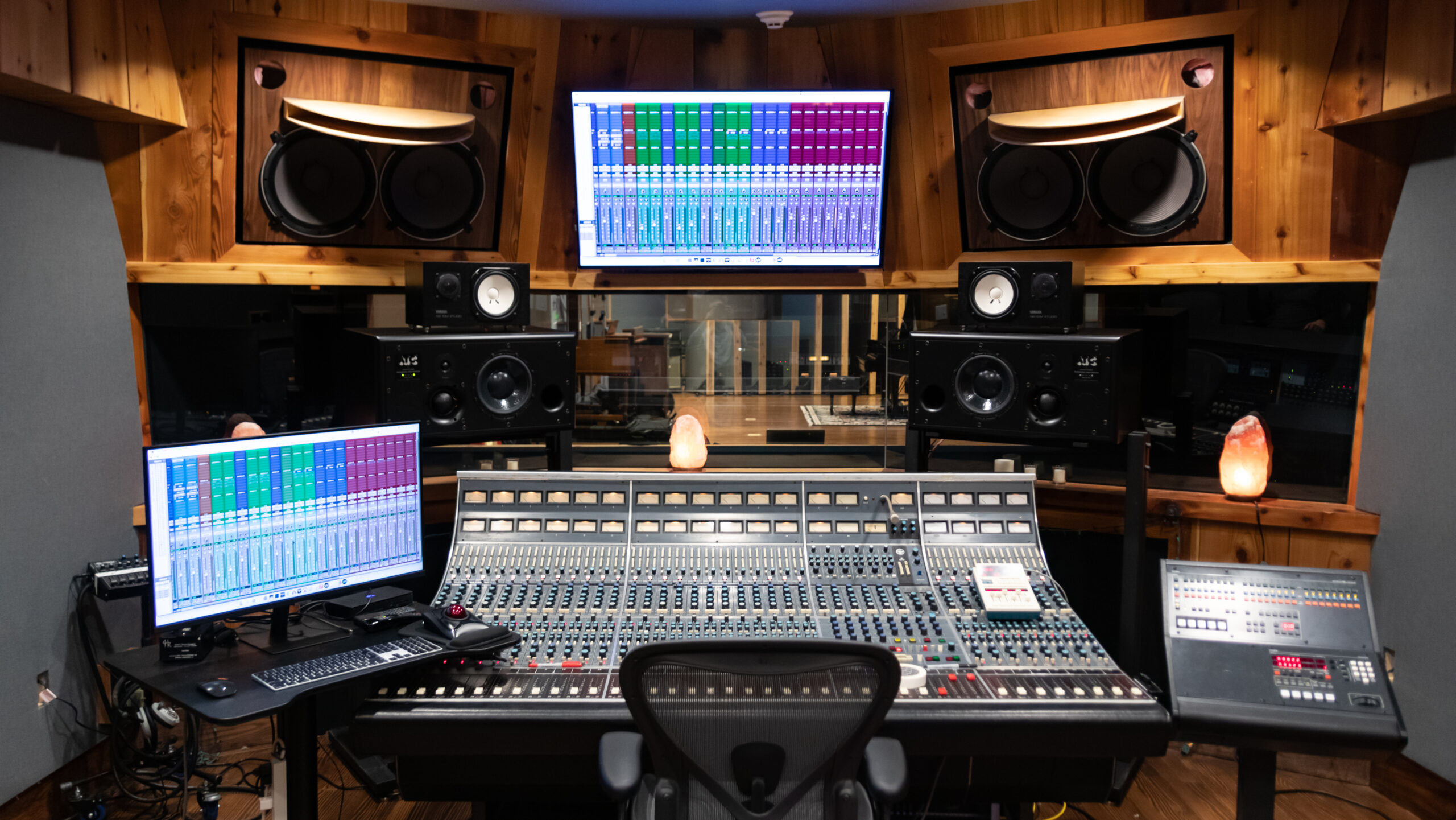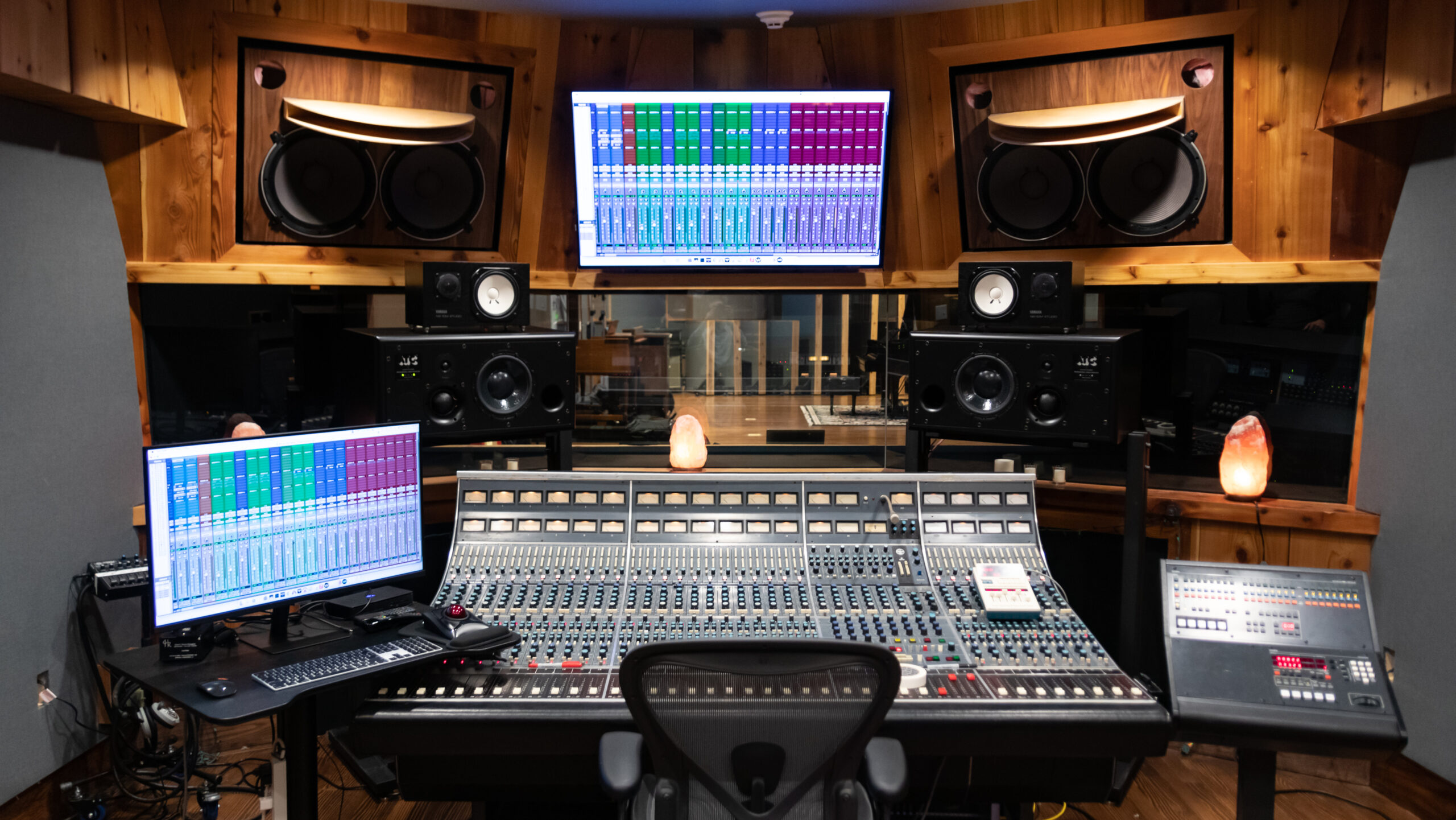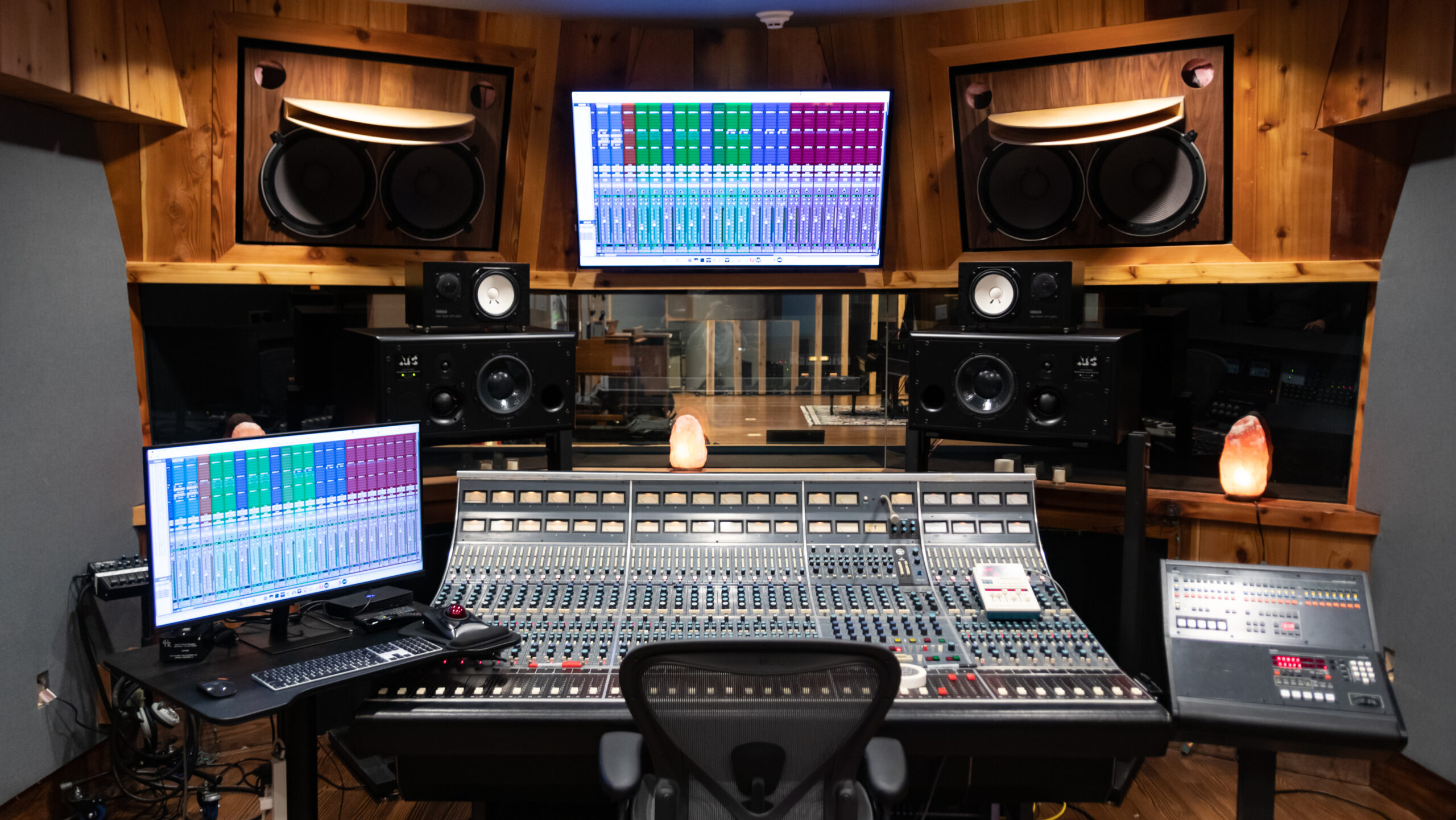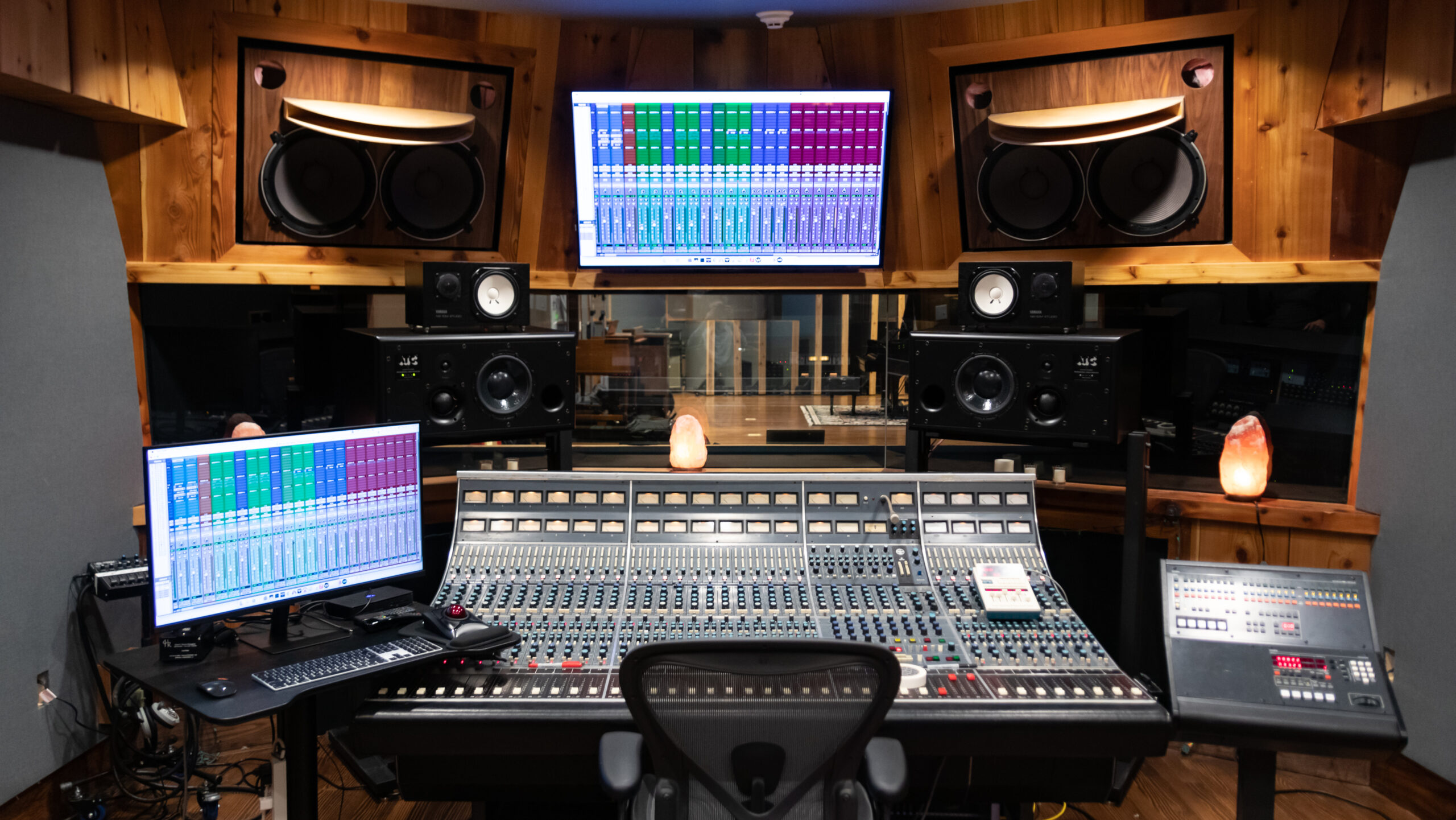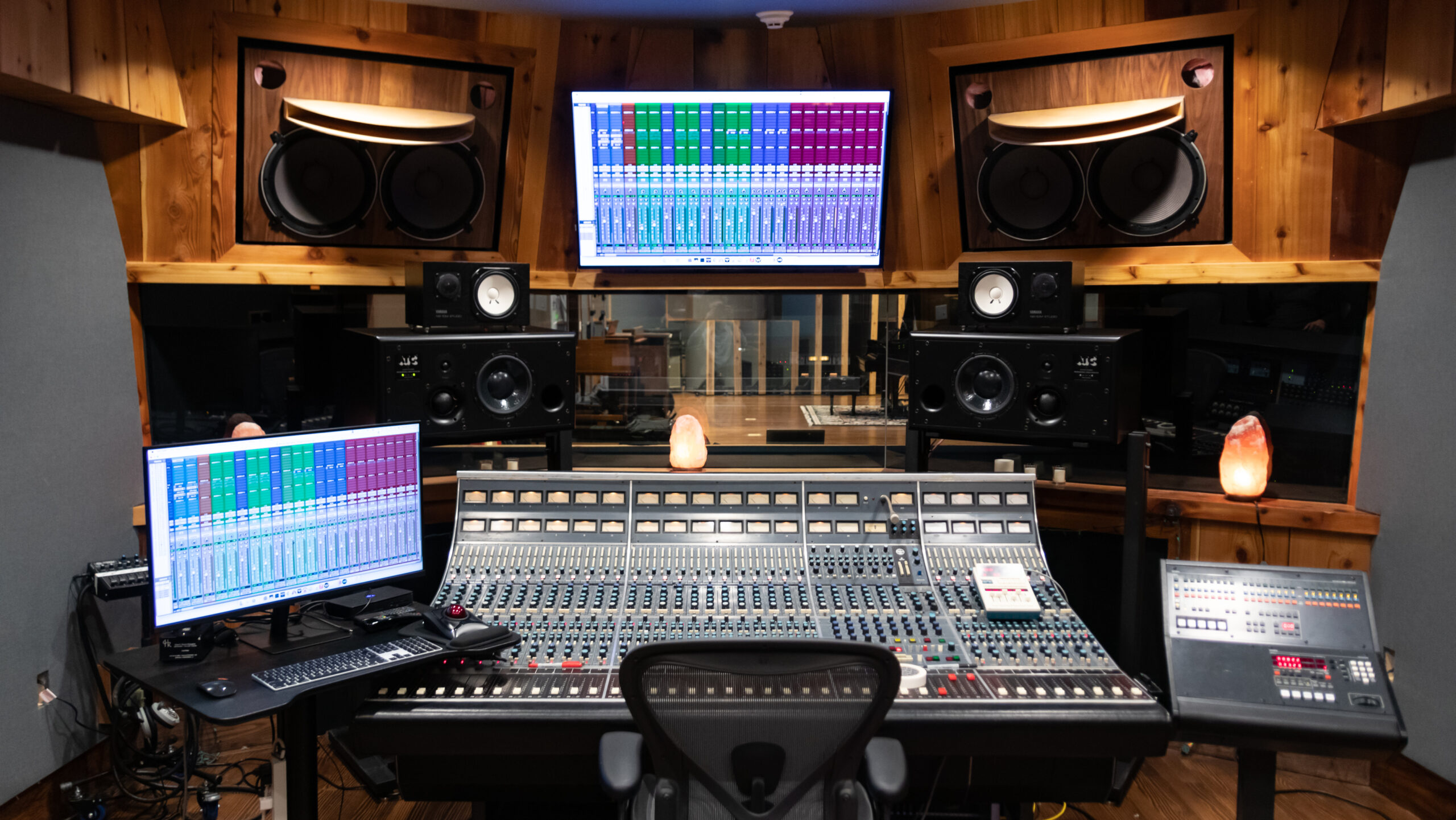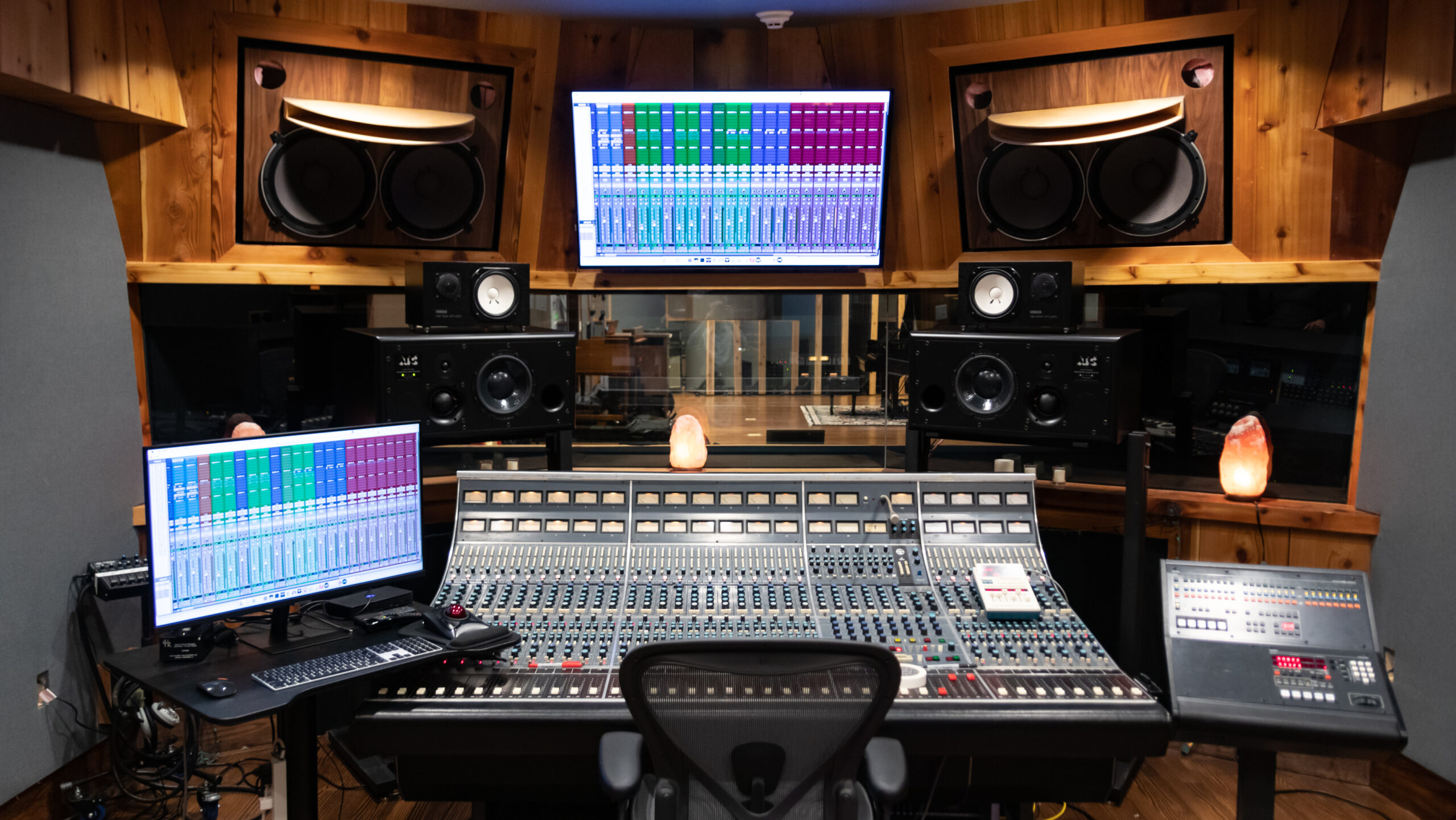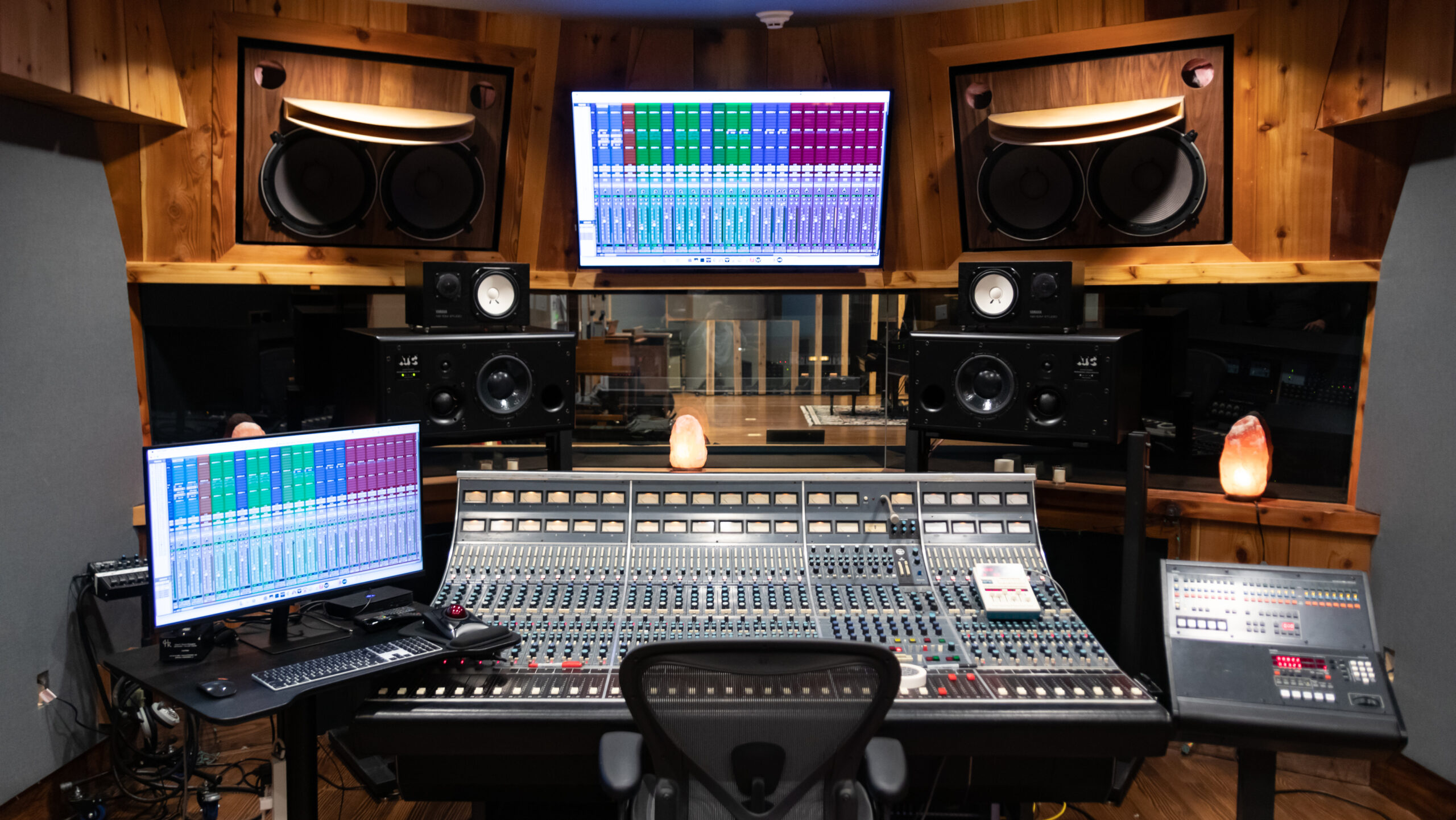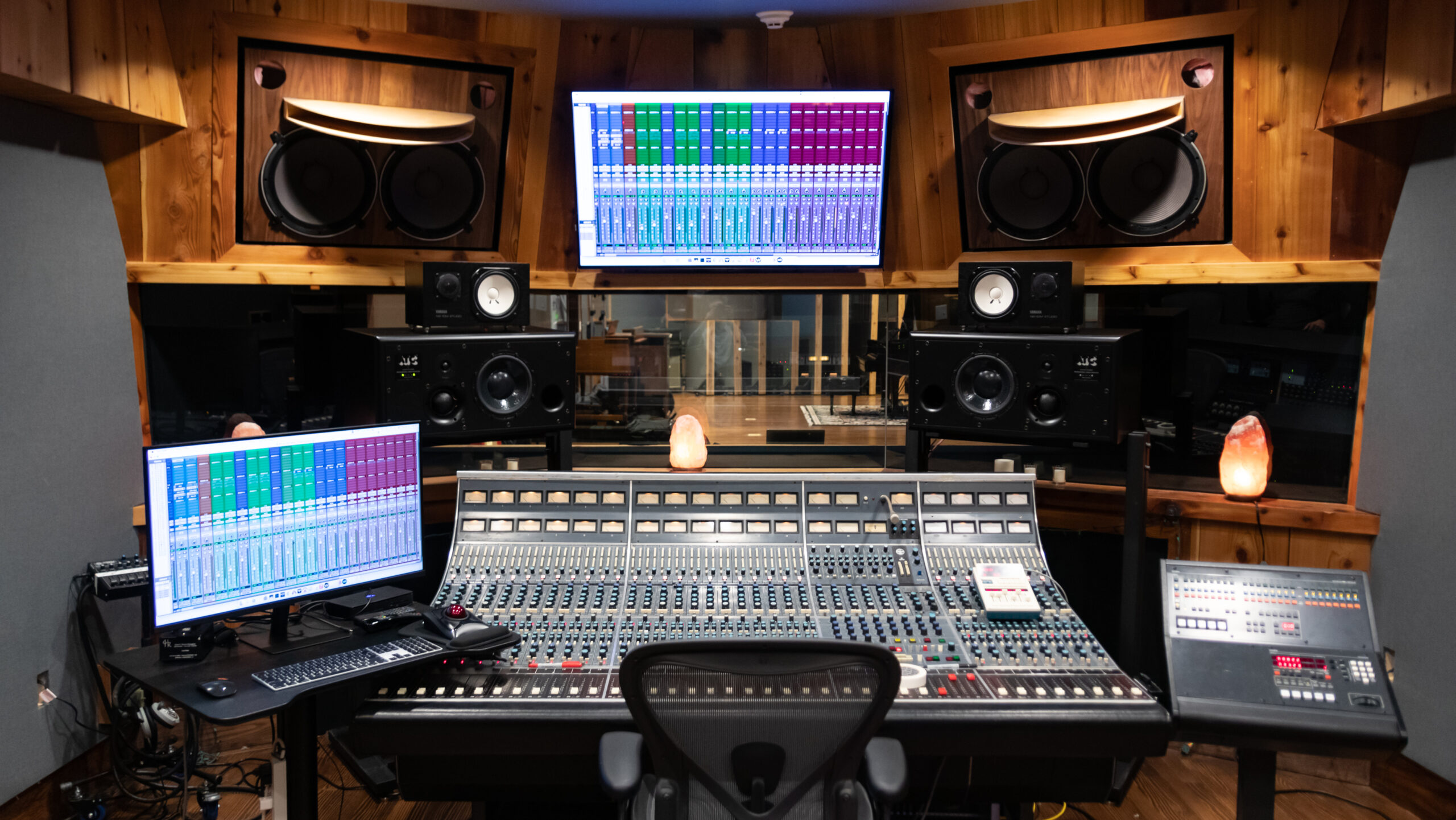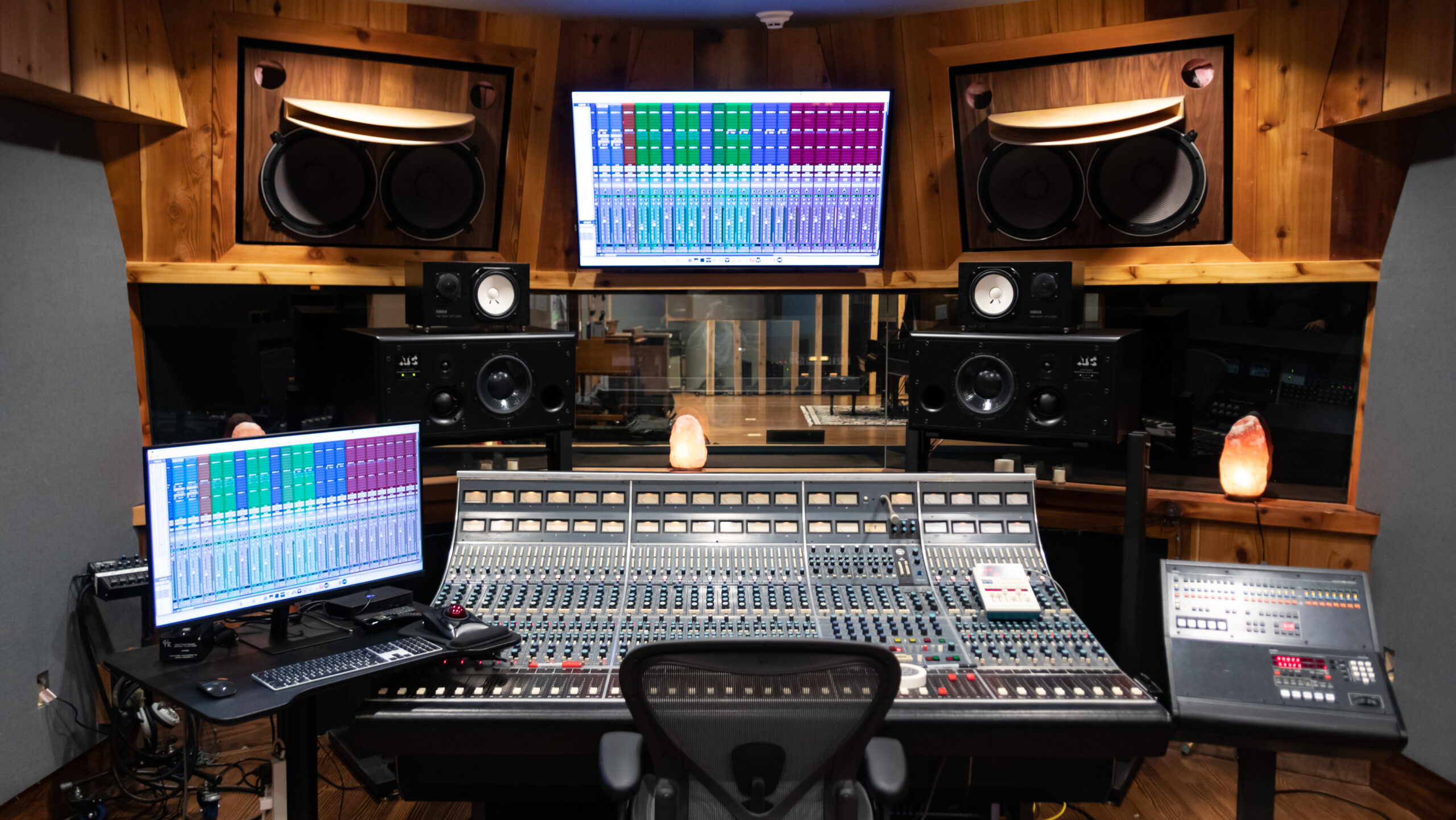The recording industry relies heavily on pristine…
Recording Studio Equipment Insurance: Protecting Your Sound Investment
Recording studios represent significant financial investments, with equipment worth hundreds of thousands or even millions of pounds. From high-end microphones and mixing consoles to digital audio workstations and acoustic treatments, every piece of equipment plays a crucial role in creating professional-quality recordings. However, this valuable equipment faces numerous risks that could devastate a studio's operations and financial stability.
Understanding Recording Studio Equipment Risks
Recording studios face unique challenges that standard business insurance may not adequately cover. Equipment theft is a primary concern, as professional audio gear is highly portable and valuable on the resale market. Fire damage poses another significant threat, particularly given the electrical nature of recording equipment and the potential for overheating in enclosed spaces.
Water damage from burst pipes, roof leaks, or flooding can destroy sensitive electronic equipment instantly. Power surges and electrical faults can damage delicate circuitry, while accidental damage during sessions or equipment moves is surprisingly common. Equipment breakdown due to wear and tear or manufacturing defects can halt operations and require expensive repairs or replacements.
Essential Coverage Components
Professional recording studio equipment insurance should provide comprehensive protection across multiple areas. Equipment coverage forms the foundation, protecting against theft, fire, flood, vandalism, and accidental damage. This should include replacement cost coverage rather than actual cash value to ensure you can purchase equivalent modern equipment.
Business interruption coverage proves crucial when equipment damage forces studio closure. This protection covers lost income during repair or replacement periods, helping maintain cash flow and meet ongoing expenses like rent and staff wages. Given that recording sessions are often booked months in advance, interruption coverage prevents significant financial losses.
Transit coverage protects equipment during transportation to remote recording locations, live venues, or repair facilities. Many studios offer mobile recording services or rent equipment to other facilities, making transit protection essential.
Data recovery coverage addresses the unique needs of recording studios, protecting against loss of master recordings, session files, and client projects. This specialized coverage can fund professional data recovery services and compensate clients for lost work.
Specialized Equipment Considerations
Recording studios contain diverse equipment requiring specific insurance considerations. Microphones, particularly vintage or rare models, may require individual scheduling due to their high value and irreplaceable nature. Mixing consoles and outboard gear need coverage that accounts for their integrated role in the studio's workflow.
Digital audio workstations and computer systems require protection that covers both hardware and software licenses. Many studios invest heavily in plugin collections and specialized software that standard computer insurance might not adequately protect.
Acoustic treatments, while seemingly less valuable, represent significant investments in studio functionality. Damage to acoustic panels, bass traps, and isolation booths can severely impact recording quality and require substantial replacement costs.
Vintage equipment presents unique challenges, as replacement parts may be unavailable and restoration requires specialized expertise. Agreed value coverage ensures proper compensation for irreplaceable vintage gear.
Professional Liability Protection
Recording studios face professional liability risks that equipment insurance alone cannot address. Errors and omissions coverage protects against claims arising from technical mistakes, missed deadlines, or failure to deliver promised results. This protection proves essential when dealing with high-profile clients or commercial projects.
Copyright infringement claims can arise from sampling disputes or unauthorized use of copyrighted material. Professional liability insurance can provide legal defense and financial protection against such claims.
Data breach coverage addresses the growing risk of cyber attacks targeting client information and unreleased recordings. Studios handling high-profile projects face particular risks from hackers seeking valuable content.
Risk Management Strategies
Effective risk management reduces insurance costs and protects against uncovered losses. Security systems including CCTV, alarms, and access controls deter theft and may qualify for insurance discounts. Fire suppression systems specifically designed for electronic equipment provide crucial protection against fire damage.
Climate control systems protect sensitive equipment from humidity and temperature fluctuations that can cause gradual damage. Regular equipment maintenance and professional inspections identify potential problems before they cause failures.
Backup procedures for both equipment and data provide additional protection. Maintaining spare equipment for critical components ensures continued operation during repairs, while regular data backups protect against catastrophic loss.
Choosing the Right Insurance Provider
Selecting an insurance provider requires careful consideration of their experience with recording studios and creative industries. Providers familiar with professional audio equipment understand proper valuation methods and replacement requirements.
Claims handling expertise proves crucial when equipment damage occurs. Providers with established relationships with audio equipment suppliers and repair facilities can expedite the claims process and minimize business interruption.
Flexible coverage options allow studios to adjust protection as their equipment inventory changes. Growing studios need policies that can accommodate new equipment purchases without lengthy approval processes.
Cost Factors and Budgeting
Recording studio equipment insurance costs depend on several factors including total equipment value, security measures, location, and claims history. Studios in high-crime areas or flood-prone locations face higher premiums, while comprehensive security systems and sprinkler systems may qualify for discounts.
The age and condition of equipment affects premiums, with newer equipment typically costing less to insure. Studios maintaining detailed equipment inventories and regular appraisals often receive better rates due to reduced insurer uncertainty.
Deductible levels significantly impact premiums, with higher deductibles reducing costs but increasing out-of-pocket expenses during claims. Studios should balance premium savings against their ability to absorb deductible costs.
Claims Process and Documentation
Proper documentation proves essential for successful claims processing. Detailed equipment inventories including serial numbers, purchase dates, and current values expedite claims handling. Regular photographic documentation of equipment and studio layouts provides valuable evidence.
Purchase receipts, warranty information, and maintenance records support equipment valuations and demonstrate proper care. Professional appraisals for high-value or vintage equipment establish agreed values and prevent disputes during claims.
When losses occur, immediate notification to insurers and proper scene preservation protect claim rights. Professional loss adjusters familiar with recording equipment can ensure proper evaluation and fair settlements.
Industry-Specific Considerations
Different types of recording facilities face varying risks requiring tailored coverage approaches. Commercial studios serving major labels need higher coverage limits and more comprehensive professional liability protection. Home studios may require coverage that addresses residential policy limitations and business use restrictions.
Mobile recording operations face unique transportation risks and need coverage that follows equipment to various locations. Mastering facilities handling irreplaceable master recordings require specialized data protection and professional liability coverage.
Educational recording facilities need coverage addressing student use and training activities, while live sound companies require protection for touring equipment and venue-specific risks.
Future-Proofing Your Coverage
The recording industry continues evolving with new technologies and business models requiring insurance adaptation. Cloud-based recording and remote collaboration create new data security risks requiring specialized coverage.
Streaming and digital distribution models change revenue streams and business interruption calculations. Insurance policies should accommodate these evolving business models and revenue sources.
Emerging technologies like immersive audio and virtual reality recording require coverage that addresses new equipment types and professional liability exposures.
Conclusion
Recording studio equipment insurance provides essential protection for significant investments in professional audio gear and technology. Comprehensive coverage addressing equipment protection, business interruption, professional liability, and data security ensures studios can continue operating despite various risks.
Working with insurance providers experienced in the recording industry ensures proper coverage design and claims handling. Regular policy reviews and equipment inventory updates maintain adequate protection as studios grow and evolve.
The cost of comprehensive recording studio equipment insurance represents a small fraction of the potential losses from uninsured equipment damage or business interruption. For recording studios serious about protecting their investments and maintaining professional operations, specialized equipment insurance proves indispensable.
Contact Insure24 at 0330 127 2333 to discuss your recording studio equipment insurance needs and receive a tailored quote that protects your sound investment.
Frequently Asked Questions
What equipment does recording studio insurance typically cover?
Recording studio insurance covers microphones, mixing consoles, digital audio workstations, outboard gear, monitors, acoustic treatments, computers, software licenses, and specialized recording equipment. Coverage includes both owned and leased equipment.
Does standard business insurance cover recording studio equipment?
Standard business insurance typically provides inadequate coverage for specialized recording equipment. Professional audio gear requires specific coverage that accounts for replacement costs, transit risks, and the unique operational needs of recording studios.
How is vintage recording equipment valued for insurance purposes?
Vintage equipment requires professional appraisal to establish agreed values. Insurance should cover restoration costs and account for the irreplaceable nature of vintage gear, as modern equivalents may not exist.
What professional liability risks do recording studios face?
Recording studios face risks from technical errors, missed deadlines, copyright infringement claims, data breaches, and failure to deliver promised results. Professional liability insurance provides protection against these operational risks.
How does business interruption coverage work for recording studios?
Business interruption coverage compensates for lost income when equipment damage forces studio closure. Coverage accounts for pre-booked sessions, ongoing expenses, and the time required to repair or replace damaged equipment.
Is mobile recording equipment covered away from the studio?
Transit coverage protects equipment during transportation and use at remote locations. This coverage is essential for studios offering mobile recording services or renting equipment to other facilities.
What data protection is available for recording studios?
Data recovery coverage protects against loss of master recordings, session files, and client projects. This specialized coverage funds professional data recovery services and may compensate clients for lost work.
How can recording studios reduce insurance costs?
Studios can reduce costs through comprehensive security systems, fire suppression equipment, climate control, regular maintenance, detailed equipment inventories, and higher deductibles. Risk management measures often qualify for premium discounts.
What documentation is needed for equipment insurance claims?
Claims require detailed equipment inventories, serial numbers, purchase receipts, warranty information, maintenance records, and photographic documentation. Professional appraisals support high-value equipment claims.
Do home recording studios need specialized insurance?
Home studios often require coverage that addresses residential policy limitations and business use restrictions. Standard homeowner's insurance typically excludes or limits coverage for business equipment and activities.


 0330 127 2333
0330 127 2333
